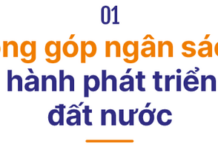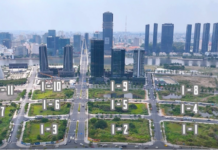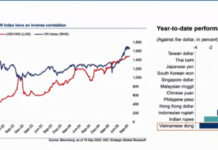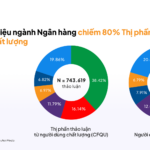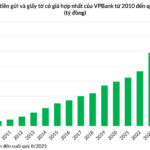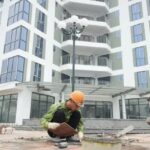A Collaborative Effort of Reputable Brands
The strategic partnership ceremony and CEO recognition event for the AVA Center project distributors took place on August 12, 2025, at the JW Marriott Hotel and Suites Saigon. The event was attended by business leaders and representatives of top real estate agencies and distributors.

Representatives of the investor and Hoa Binh Construction, the main contractor, at the strategic cooperation signing ceremony for the AVA Center project
Hoa Binh Construction Group, a name associated with many iconic projects in Vietnam and abroad, will lay the foundation for AVA Center, committing to realizing every detail with sustainable value and aesthetic appeal.
VPBank, one of the top 10 most reputable banks in Vietnam in 2025, brings strong financial resources and superior support packages to help customers easily own their dream home, while also affirming the project’s potential and feasibility.
Additionally, Anabuki, with over 30 years of experience, will undertake management and operation following Japanese standards, ensuring a complete living environment.
The investor also trusts Nagecco as the project’s consulting supervisor. With nearly 50 years of experience in construction consulting, Nagecco will closely monitor quality, ensuring that the project meets technical standards and transparency.
Nest Realty plays a strategic business development role, pioneering in bringing the value of AVA Center closer to the community.
With a customer-centric approach, the investor believes that this strategic collaboration with leading brands will usher in a new era, creating a unique mark in the real estate market.
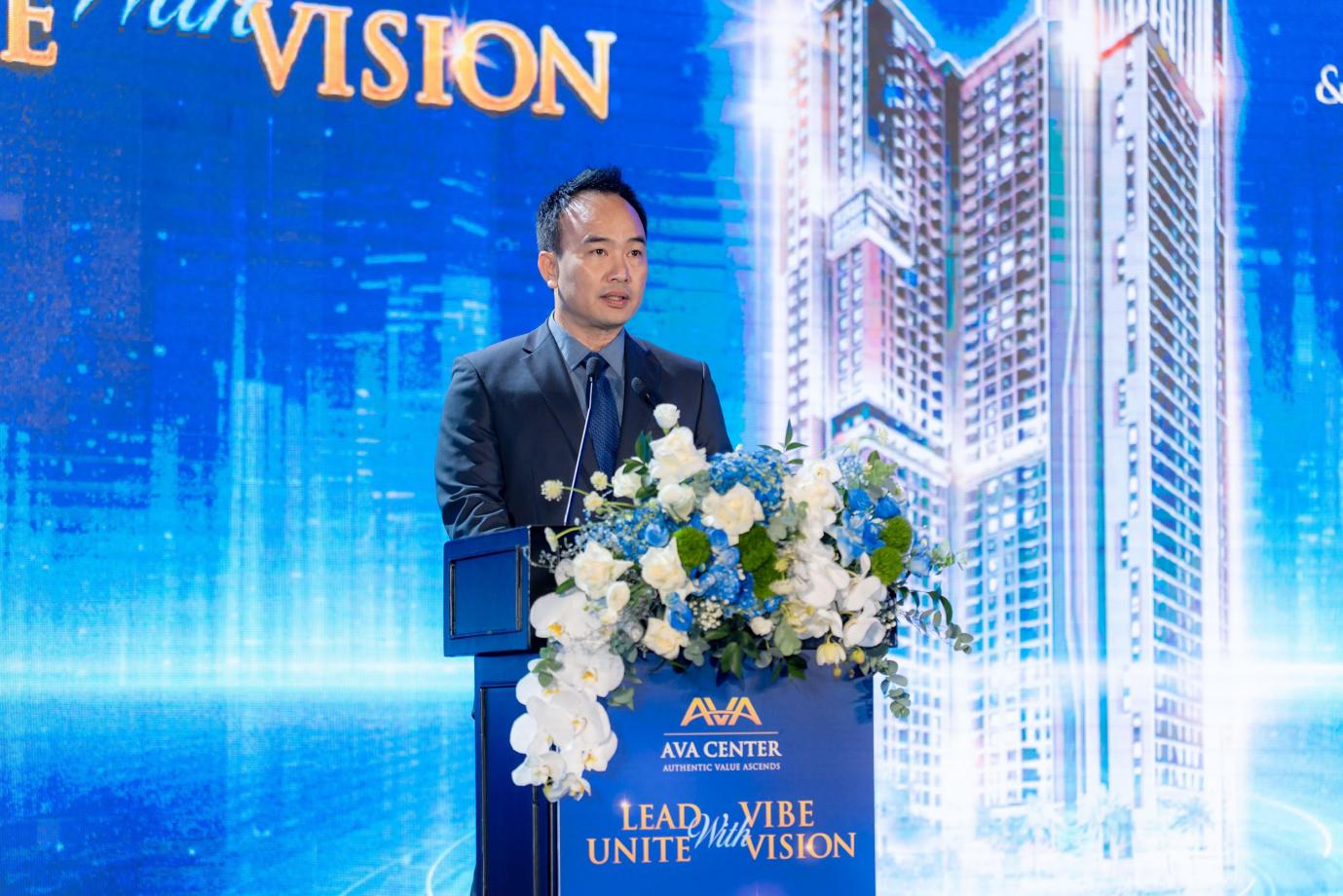
Mr. Nguyen Son Hai Long, representing the investor, shared the development strategy of the AVA Center project
Mr. Nguyen Son Hai Long, representing the investor, stated, “We have gathered top experts from various fields to co-create products with sustainable value, adhering to three principles: Sincerity, Real Value, and Aspiration. This is our guiding star to fulfill our customers’ deepest desires and create living spaces that are both convenient and aesthetically pleasing.”

Over 50 distributors attended the signing ceremony event
The event also honored more than 50 reputable agencies involved in distributing the AVA Center project. These agencies ensure accurate project information and provide dedicated, professional consulting services to customers.
AVA Center – The All-round City in Northeast Ho Chi Minh City
Located on a 7,342.9 sqm golden land plot on Thu Khoa Huan Street, at the intersection of Hoa Lan Street and National Highway 13, in Thuan Giao Ward, with 40 floors, 845 luxury apartments, and convenient access to major traffic arteries such as the Ho Chi Minh City-Thu Dau Mot-Chon Thanh Highway and Metro Line 02, AVA Center will become a new symbol at the northeastern gateway of Ho Chi Minh City.
Developed as an All-round City, AVA Center offers residents a full range of amenities, from education and healthcare to sports and entertainment, catering to the needs of multiple generations.
Notably, the Touchable Home apartment line pioneers in allowing customers to freely choose their living space and design their homes according to their unique needs and personalities. Each apartment is delivered with a complete set of synchronized furniture, ensuring a hassle-free move-in experience from day one.
With its prime location, exquisite design, comprehensive amenities, and assured quality, AVA Center presents an ideal residential and investment opportunity amidst the vibrant infrastructure development of the region.
What Causes Multiple Bank Codes to Surge?
The trading session on August 14 witnessed a stellar performance from the banking stock group. MBB, VPB, and HDB soared to the maximum daily limit, while VCB witnessed substantial price gains. This impressive showing from the banking sector heavyweights propelled the financial index to new heights.
“VPBank at 32: Shaping the Modern Financial Lifestyle”
“VPBank, at 32, exudes a confident maturity and a pinnacle of creativity. With a rich history of innovation, the bank is poised for groundbreaking progress, ready to soar with the nation into a new era. Marking its 32nd anniversary, VPBank expresses its gratitude to its valued customers by launching a plethora of enticing promotional programs.”
“G-Group and MBV Collaboration: Unlocking the Power of Tech and Finance for Digital Transformation”
On August 6, G-Group Technology Corporation and the Vietnam Modern Commercial Joint Stock Bank (MBV) signed a comprehensive strategic cooperation agreement, forging a long-term partnership between two leading enterprises in the fields of technology and finance. This collaboration aims to empower and accelerate comprehensive digital transformation.
“VPBank Confident to Achieve 2025 Goals”
With a unique, expansive ecosystem and a robust growth strategy, VPBank is confident in its ability to fulfill its commitments to shareholders. The bank’s dynamic approach, coupled with a focus on quality expansion, positions it to thrive and deliver on its promises.










